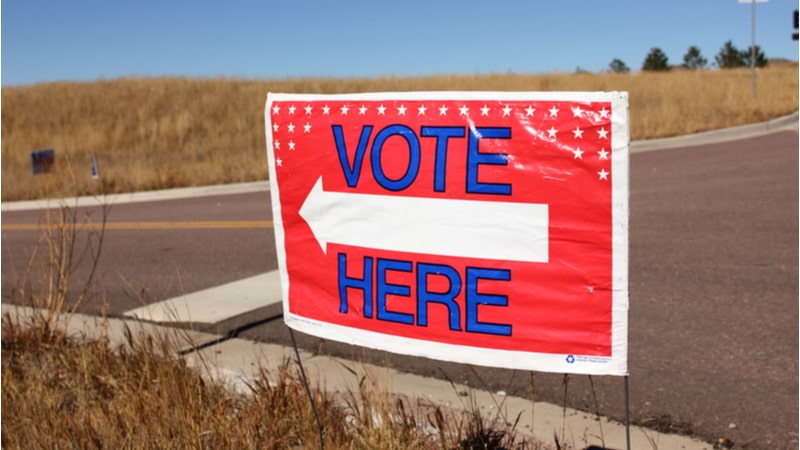
West Virginia Secretary of State Mac Warner announced Feb. 28 that the state will cease using the Voatz app to allow West Virginians living abroad and voters with disabilities to vote via smartphone.
The state debuted Voatz – a mobile voting app that uses smartphones, facial recognition, multifactor authentication, and blockchain technology to allow voting with smartphones – during the 2018 midterm elections to help West Virginians living abroad vote. West Virginia expanded its use of the app last month to help people with disabilities to vote. However, the app has come under increased criticism from legislators and cybersecurity researchers over whether the app “can reliably protect the votes…against foreign hacking.”
For the May 12 primary election, Warner said the state will use OmniBallot Online, an absentee ballot technology from Democracy Live. The technology will be funded by Tusk Montgomery Philanthropies at no cost to the state. Democracy Live, which began in 2007, was originally approved and funded by the U.S. Elections Assistance Commission and Department of Health and Human Resources to aid absentee voters with casting their absentee ballots.
“The technology…has been deployed in more than 1,000 elections across hundreds of jurisdictions over the last decade,” Warner’s office said in a statement. “Importantly, the availability of this technology in W.V. is a substantial security improvement from traditional W.V. electronic absentee voting options, which can only be done via less-secure fax or email attachment ballot transmissions.”
Warner further noted that the OmniBallot Online portal is hosted in Amazon AWS cloud, which is FedRAMP-certified and used across the Federal government to store highly sensitive and classified information.
However, while Voatz is out for the May primary election, it could still be used in November if it addresses cybersecurity concerns, Donald “Deak” Kersey, Warner’s general counsel, said.
“If the security community comes out and says you’ve answered these questions, they’ll be an option,” he told NBC News.
However, if the security concerns aren’t addressed, it is unlikely the state will move back to Voatz.
“If the public doesn’t want it, or is skeptical to the point they’re not confident in the results, we have to take that into consideration,” he said.
